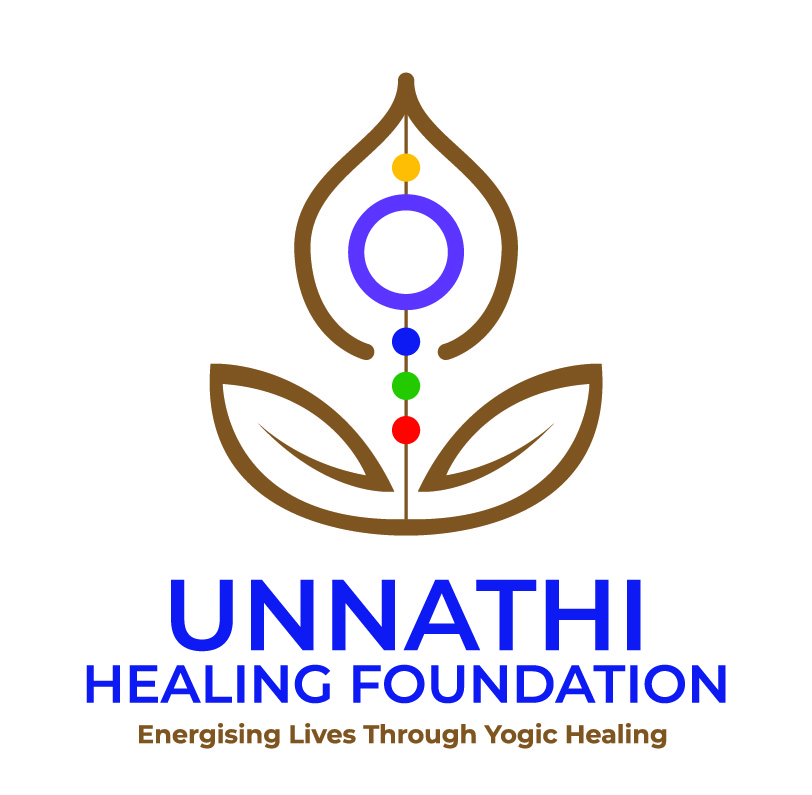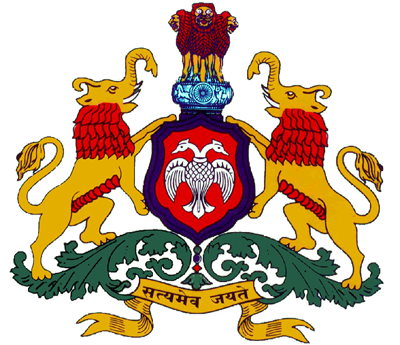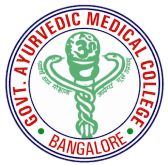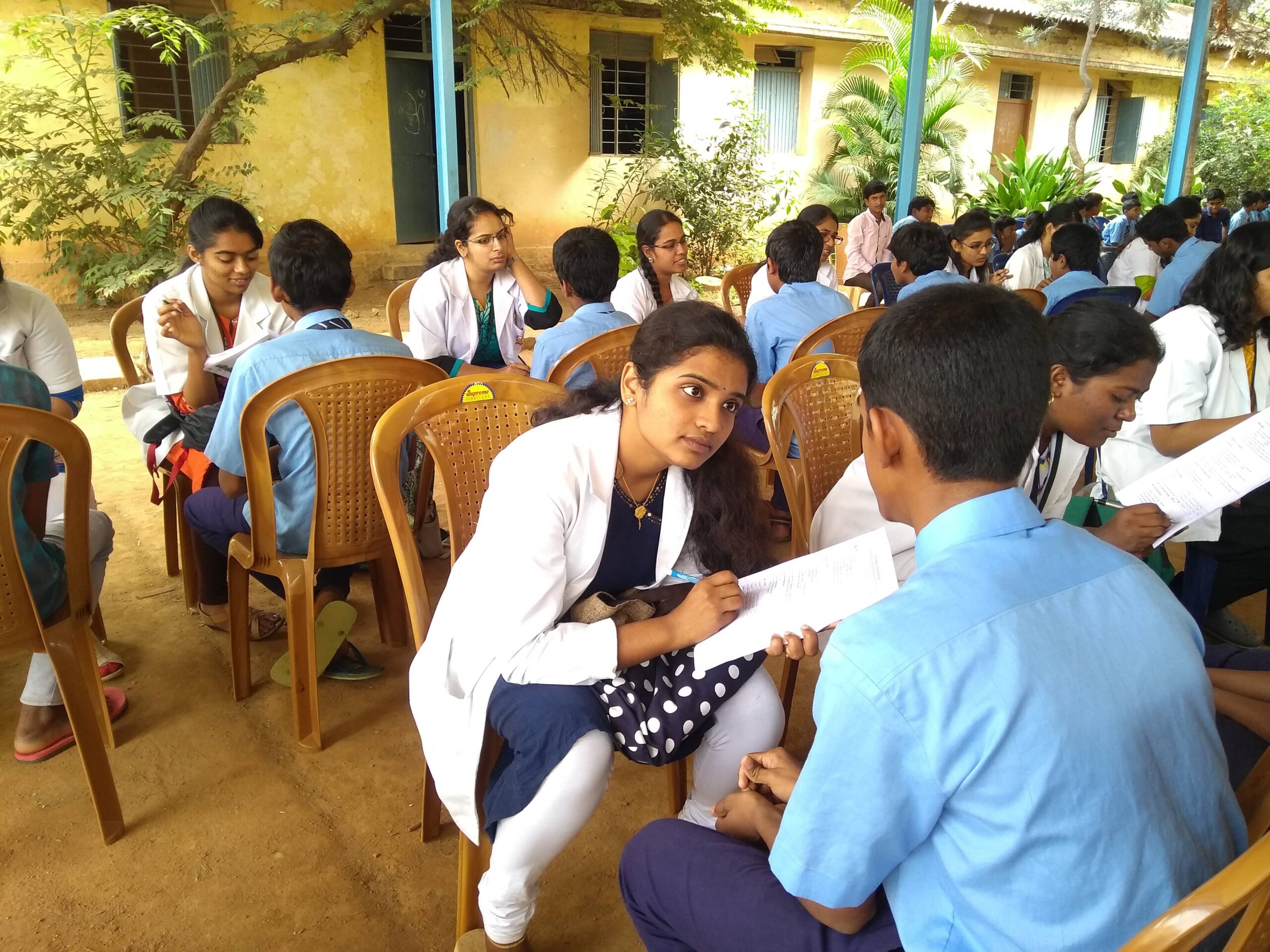Objectives
- To Enhance the academic performance through healthy living
- To Create leaders
- To Strengthen life skills in the youth
- To Enhance performance abilities
- To Empower moral values in children
- To Improve relationship with parents
- To help them have the right attitude towards oneself and others.
- To Increase the sense of brotherhood among youngsters.
- To Face and accept challenges.
- To Build social responsibilities
- To Inculcate self- esteem and feeling of self-worthiness amongst the adolescents
- To Make Build India Movement in a way that it is sustainable and scalable to reach all adolescents in Karnataka.
















